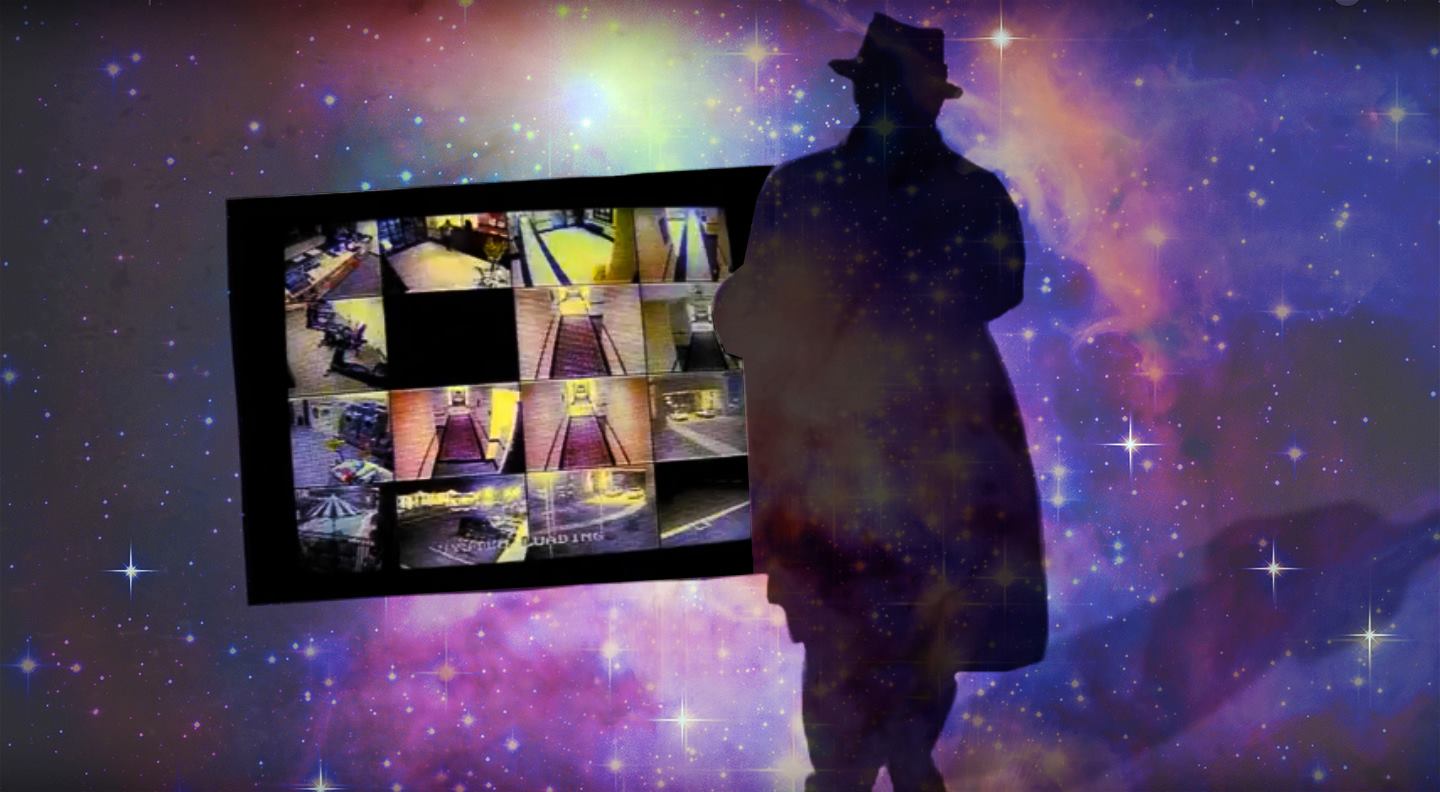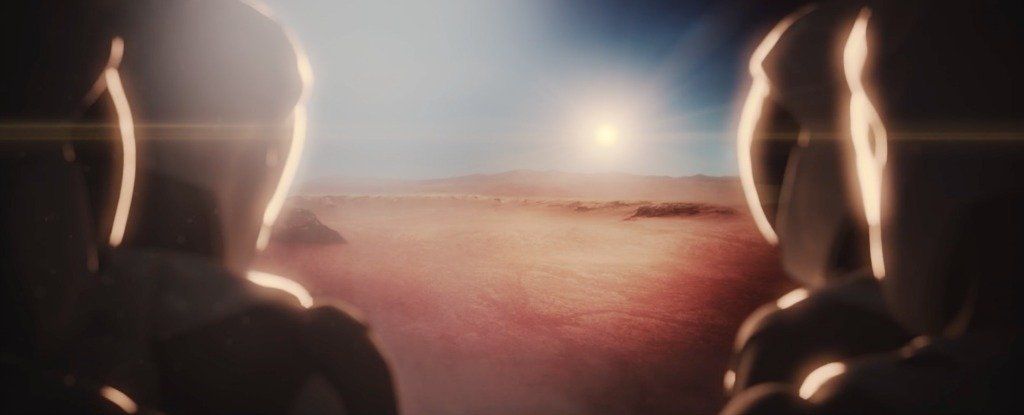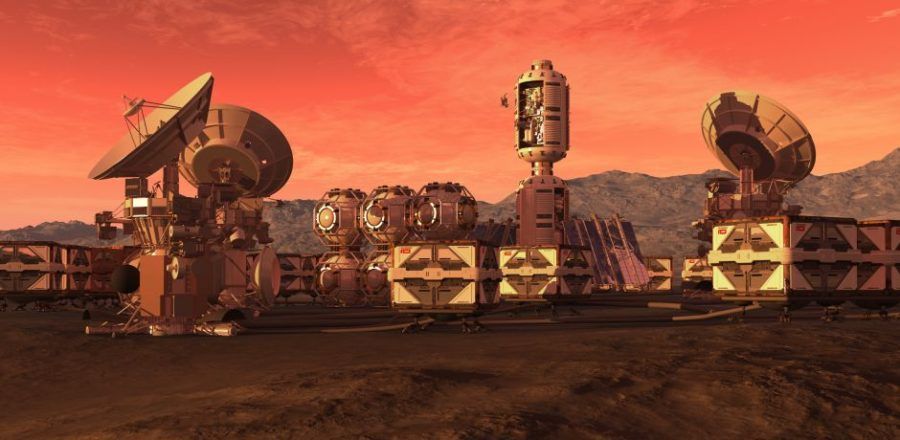Elon Musk Unveils ‘Solar Roof ‘



I argued in my 2015 paper “Why it matters that you realize you’re in a Computer Simulation” that if our universe is indeed a computer simulation, then that particular discovery should be commonplace among the intelligent lifeforms throughout the universe. The simple calculus of it all being (a) if intelligence is in part equivalent to detecting the environment (b) the environment is a computer simulation © eventually nearly all intelligent lifeforms should discover that their environment is a computer simulation. I called this the Savvy Inevitability. In simple terms, if we’re really in a Matrix, we’re supposed to eventually figure that out.
Silicon Valley, tech culture, and most nerds the world over are familiar with the real world version of the question are we living in a Matrix? The paper that’s likely most frequently cited is Nick Bostrom’s Are you living in a Computer Simulation? Whether or not everyone agrees about certain simulation ideas, everyone does seem to have an opinion about them.
Recently, the Internet heated up over Elon Musk’s comments at a Vox event on hot tub musings of the simulation hypothesis. Even Bank of America published an analysis of the simulation hypothesis, and, according to Tad Friend in an October 10, 2016 article published in New Yorker, “two tech billionaires have gone so far as to secretly engage scientists to work on breaking us out of the simulation.”



Elon Musk is obsessed with space. At age 30, he founded SpaceX. At age 41, he oversaw the first cargo mission to the International Space Station by a private company. And at age 12, as a kid living in South Africa, he made a space-themed PC game called Blastar. Now, thanks to the power of the internet, you can play that game.
Musk sold the code for Blastar for $500 to the magazine PC and Office Technology, and a reproduction of the page it appeared on was published in Ashlee Vance’s biography Elon Musk: Tesla, SpaceX, and the Quest for a Fantastic Future. From there, Tomas Lloret Llinares — a software engineer at Google — took the code and rebuilt the game to work in HTML5.
Your mission, as the game’s lonely space pilot, is to “destroy [the] alien freighter carrying deadly hydrogen bombs and status beam machines.” Blastar is mostly a mix of Space Invaders and Asteroid, though it’s much more basic. There is never more than two ships on the screen, there are few sound effects, and — like many games of its time — it really has no ending. It’s almost unimpressive; that is, until you remember that it was made by a 12-year-old in 1984.

Elon Musk wants to launch a million people to Mars in the event some apocalyptic disaster eventually ruins Earth. And he wants it to be somewhat affordable — US $200,000 or less per person.
To that end the SpaceX CEO outlined his plan to colonise Mars on September 27, including how his Interplanetary Transport System (ITS) of rockets, spaceships, fuel pods, and other crucial components would get the job done.
Still, the full presentation at the International Astronomical Congress in Guadalajara, Mexico, barely scratched the surface.




California Space Center (CSC) founder Eva Blaisdell announced in a press release sent to CoinReport the launch of “Copernic,” a blockchain-based, finance-focused rights management system developed for the space industry.
Named after legendary Polish astronomer Copernicus, Copernic will provide the infrastructure for the future space economy and ecosystem to be built upon, said CSC.
After mentioning that Elon Musk, the legendary founder of SpaceX, Tesla and PayPal recently presented plans at the ICA in Guadalajara outlining the next era of space exploration and the first steps towards colonization, the press release went on to say that Copernic was designed to be a platform for the space colonization era. With a system designed to be functional both on Earth and in space, Copernic, said CSC, plans to provide the ecosystem with an effective and transparent platform for the registration of rights and transfer of value.

The space race is on, and it’s only a matter of time before humans land on Mars. With several different groups aiming for the red planet, there’s likely to be not one outpost among the stars, but many.
National space agencies and private transport companies are all competing to reach Mars and establish their own base of operations, and they all have very different motivations and ideas on how to govern their colonies once they get there.
If Elon Musk gets his way and manages to lower the cost of a trip to Mars, the floodgates will open and settlers will stream towards the red planet in mass numbers. The resulting chaos is likely to produce several different Martian metropolises with their own character, laws, and forms of government much like the city-states of ancient Greece.